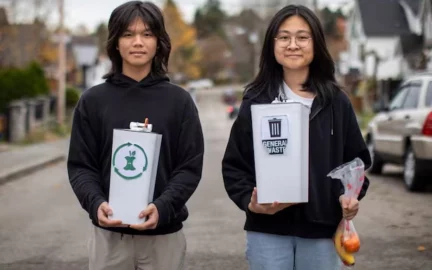The Changing Landscape of Canadian Immigration
It has been a year of change with respect to policy for Canada’s premier immigration pathway for entrepreneurs….

It has been a year of change with respect to policy for Canada’s premier immigration pathway for entrepreneurs. Those familiar with the Canada Start-up Visa (SUV) Program are well aware of how impactful the spring announcement of strict limitations on annual applications from each Designated Organization have been.
Immigration, Refugees, and Citizenship Canada (IRCC) made further modifications to its SUV regulations in early October by significantly altering the parameters of work permits for applicants to the program. All of the changes are geared toward reducing the large backlog of applications in need of processing while simultaneously restricting the influx of new applications as the previous volume had overwhelmed the government resources available to evaluate and render judgment on SUV submissions.
Changing Immigration Landscape
Though it is natural for entrepreneurs and the Canadian entities that support them to focus on the changes made to SUV policies, it is important to widen one’s scope to better understand what is happening to the overall landscape of Canadian immigration. The overall trend is not difficult to spot.

“While these work permit changes increase the runway for SUV entrepreneurs landing and launching in Canada, they are also consistent with the changes implemented earlier this year, which limit the number of SUV applications available. The reality is it is becoming increasingly difficult to qualify to come to Canada,” explained Chris Lennon, President of Empowered Startups.
Lowered Limitations
In 2024, the Government of Canada has consistently lowered its limits on the number of foreign applicants it will grant access to no matter the avenue of entry. Whether it be student visas, temporary work permits or the Canada SUV Program, IRCC has reduced the annual threshold of participants eligible to enter the country. A prime example is last week’s change to the Intra-Company Transfer Program, on which the IRCC implemented stricter guidelines as well as shorter spans on work permits for those multi-national companies using the program to bring international workers to Canada in order to grow their businesses.
“The changes made to the intra-company transfer program are an even starker indication of the Government’s intention, but the overall direction is clear: the avenues available to come to Canada are being restricted,” continued Lennon. “For those that can meet the heightened qualification standards, the pathway to success is improving, but ultimately, it is becoming ever harder to qualify to come to Canada.”
Competition Has Increased
Lennon’s point should not be taken lightly. Through a series of volume restrictions and increased qualification standards, IRCC has increased the level of competition for the reduced number of opportunities available to those interested in extended or permanent stays in Canada. Specific to the Canada SUV Program, it further heightens the need to secure the support of a reputable Designated Organization. With more than a decade of experience and an unparalleled record of success, Empowered Startups is Canada’s leading incubator for SUV applicants.
On a global scale, Canada remains an extremely desirable country albeit one with fewer immigration opportunities available than in recent years. For qualified applicants who earn one of those opportunities, the transition to Canada has been simplified and the prospect of success has improved.
Learn more about Empowered Startups’ Canada Start-up Visa Program







